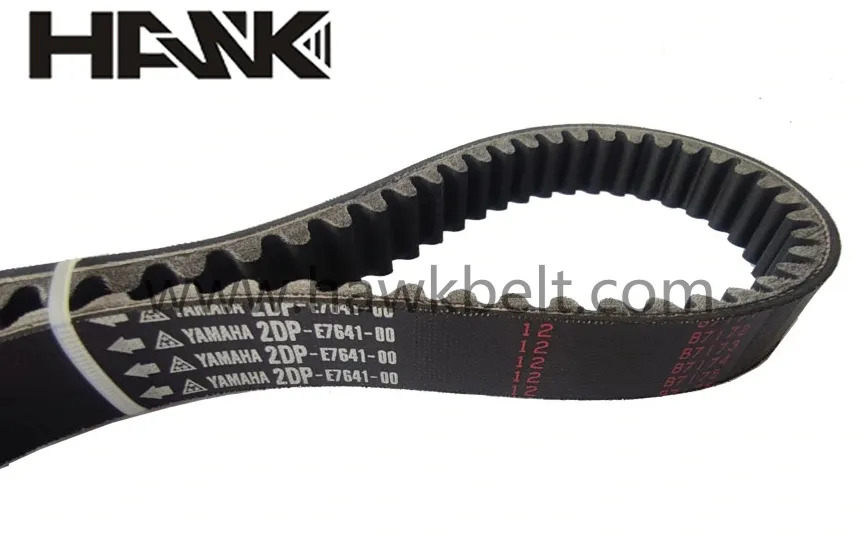- Arabic
- French
- Russian
- Spanish
- Portuguese
- Turkish
- Armenian
- English
- Albanian
- Amharic
- Azerbaijani
- Basque
- Belarusian
- Bengali
- Bosnian
- Bulgarian
- Catalan
- Cebuano
- Corsican
- Croatian
- Czech
- Danish
- Dutch
- Afrikaans
- Esperanto
- Estonian
- Finnish
- Frisian
- Galician
- Georgian
- German
- Greek
- Gujarati
- Haitian Creole
- hausa
- hawaiian
- Hebrew
- Hindi
- Miao
- Hungarian
- Icelandic
- igbo
- Indonesian
- irish
- Italian
- Japanese
- Javanese
- Kannada
- kazakh
- Khmer
- Rwandese
- Korean
- Kurdish
- Kyrgyz
- Lao
- Latin
- Latvian
- Lithuanian
- Luxembourgish
- Macedonian
- Malgashi
- Malay
- Malayalam
- Maltese
- Maori
- Marathi
- Mongolian
- Myanmar
- Nepali
- Norwegian
- Norwegian
- Occitan
- Pashto
- Persian
- Polish
- Punjabi
- Romanian
- Samoan
- Scottish Gaelic
- Serbian
- Sesotho
- Shona
- Sindhi
- Sinhala
- Slovak
- Slovenian
- Somali
- Sundanese
- Swahili
- Swedish
- Tagalog
- Tajik
- Tamil
- Tatar
- Telugu
- Thai
- Turkmen
- Ukrainian
- Urdu
- Uighur
- Uzbek
- Vietnamese
- Welsh
- Bantu
- Yiddish
- Yoruba
- Zulu
nov . 13, 2024 09:28 Back to list
tooth belt
Understanding the Importance of Tooth Belts in Mechanical Systems
Tooth belts, also known as timing belts or synchronous belts, are a pivotal component in various mechanical systems. Their role in transmitting power and motion efficiently cannot be overstated. Unlike traditional V-belts that operate on friction, tooth belts use a series of teeth that engage with pulleys, ensuring precise timing and synchronization between connected components. This unique design provides numerous advantages, making tooth belts an essential choice in various applications.
One of the most significant benefits of tooth belts is their ability to maintain a fixed relationship between the driving and driven components
. This trait is particularly crucial in systems where timing is imperative, such as in automotive engines, printers, and robotics. For instance, in an engine, a tooth belt connects the crankshaft to the camshaft, ensuring that the engine valves open and close at the correct times in relation to the position of the pistons. This synchronization not only optimizes performance but also prevents potential engine damage that could arise from poor timing.Tooth belts are also known for their durability and longevity. Made from high-quality materials such as neoprene, polyurethane, or rubber, they are engineered to withstand various environmental conditions and heavy loads. Their resistance to wear and tear makes them suitable for applications with frequent movement or those that require high precision. The absence of lubrication and the need for less maintenance compared to other belt types contribute to their appeal, making them a cost-effective solution in the long run.
tooth belt

Moreover, tooth belts operate quietly and smoothly. This characteristic is particularly advantageous in settings where noise reduction is paramount, such as in office equipment like printers or CNC machines. By minimizing vibrations and noise, tooth belts enhance the overall user experience and contribute to smoother operation.
Another noteworthy aspect is their versatility. Tooth belts can be manufactured in various sizes, shapes, and tooth configurations, allowing them to be tailored to specific applications. Whether for small-scale machinery or large industrial systems, there is a tooth belt designed to fit the unique requirements of each system, further broadening their range of use.
In conclusion, tooth belts play a vital role in modern mechanical systems, providing essential benefits like precise motion control, durability, and versatility. As technology continues to evolve, the role of tooth belts will undoubtedly expand, finding their way into new applications and supporting advancements across various industries. Their importance in ensuring efficiency and reliability in mechanical operations highlights the need for ongoing innovation and development in belt technology, securing their place as a fundamental component in engineering and manufacturing.
-
Korean Auto Parts Timing Belt 24312-37500 For Hyundai/Kia
NewsMar.07,2025
-
7PK2300 90916-T2024 RIBBED BELT POLY V BELT PK BELT
NewsMar.07,2025
-
Chinese Auto Belt Factory 310-2M-22 For BMW/Mercedes-Benz
NewsMar.07,2025
-
Chinese Auto Belt Factory 310-2M-22 For BMW/Mercedes-Benz
NewsMar.07,2025
-
90916-02660 PK Belt 6PK1680 For Toyota
NewsMar.07,2025
-
drive belt serpentine belt
NewsMar.07,2025

